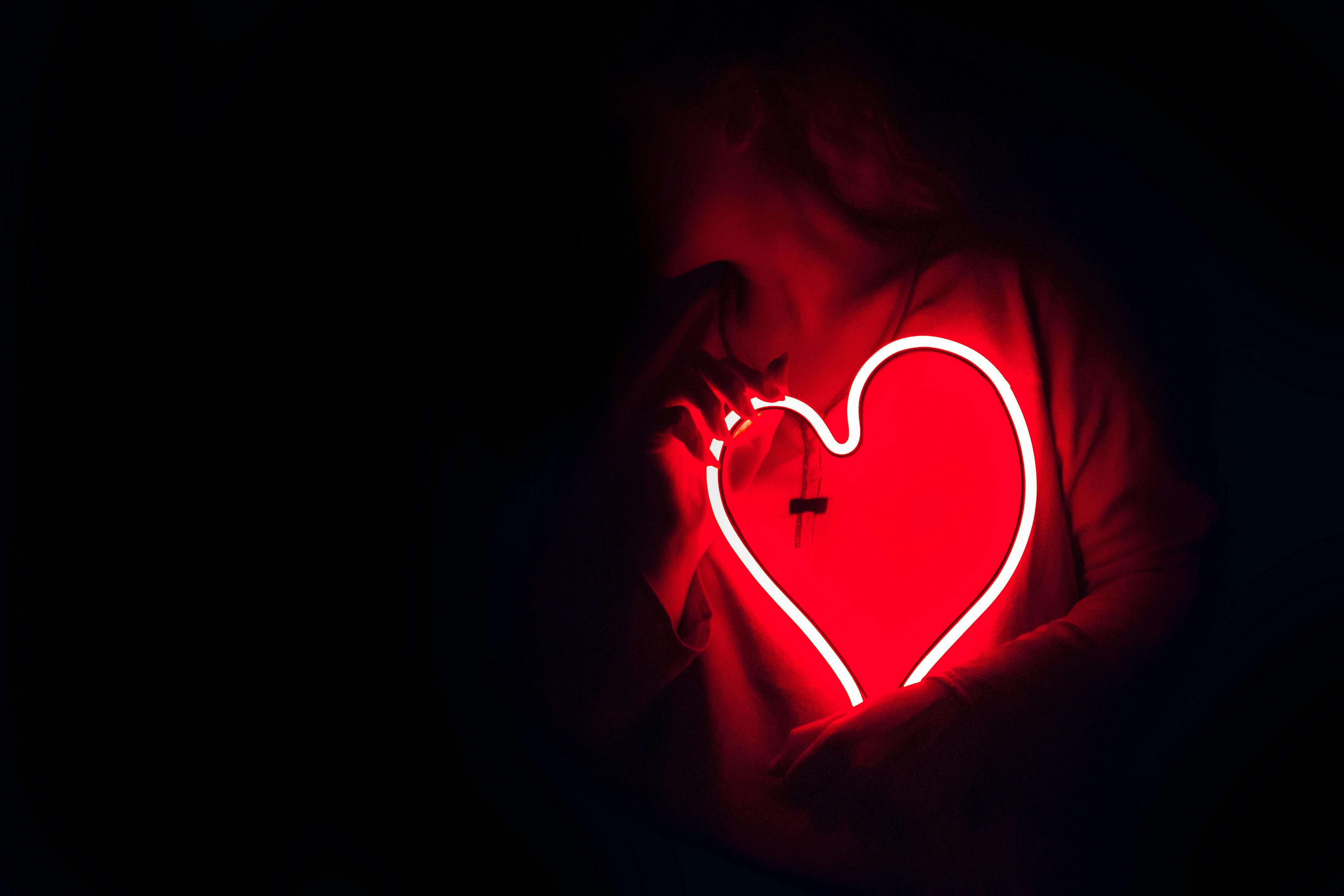Grief as a Gateway: Healing, Heartbreak, and Becoming Whole

This post was written several months after my breakup. It details some of my lessons from the grieving process and how it’s shaped me.
Four months ago, my world drastically changed.
It wasn’t the first time I’d been through a breakup, but this one hit differently. The care and tenderness lingered in a way that made letting go even harder. And losing something still so beautiful, in something that you felt still had so much potential? That kind of grief cuts deep.
There were days when the pain felt unbearable. I’d lie awake for hours with my mind racing, my nervous system overwhelmed, and my sense of self fragmented.
I questioned everything—my worth, my future, and how I was going to lift myself up. The weight of the emotional load I’d been carrying felt heavy.
And the end of my relationship was simply the catalyst that brought me to a breaking point.
But here’s the thing:
“Grief, as brutal as it is, has also been one of my greatest teachers.”
Grief forces you to stop
In those early weeks, I couldn’t outrun the pain. It forced me to slow down, get honest, and really feel everything. I had to sit with regret, anger, sadness, longing, confusion, and at times, guilt—for how I showed up, what I suppressed, and what I lost as a result.
And in that stillness, I started to see myself more clearly. I realized how much living from a dysregulated and wounded state had shaped how I showed up in the world. Like an emotionally stunted child trying to navigate an adult life—craving stability, love, and security, but never really knowing how to ask for them.
My relationship, though filled with so much love and compassion, was also a mirror for all the places where I was wounded and needed to heal. I didn’t see it then, but I do now.
But grief also reveals your resilience
Here’s what I didn’t expect: amid the pain, I uncovered an inner strength I didn’t know I had.
I’ve moved cities (twice), am navigating a career transition, and redefining my identity—all while grieving the loss of the person I thought I was building a life with. Any one of those transitions would be enough to shake someone. Doing them all at once? It cracked me open and brought everything to the surface.
And then, I started to rebuild myself one piece at a time.
I began leaning into tools to calm my nervous system and rebuild the mind-body connection that I was lacking: meditation, yoga, breathwork, journaling, spending time in nature, grounding practices, and daily movement become anchors in my journey. I learned how to self-soothe, regulate my nervous system, and more easily name my emotions, sitting with them rather than becoming consumed by them. What used to be hours of spiraling now passes much more quickly.
I’ve come to realize that healing isn’t linear. It’s messy. But I’m learning how to walk through the mess with self-compassion rather than run from it.
Breakups can also be beautiful (yes, really!)
I never thought I’d say this, but I also see a lot of beauty in my breakup.
It woke me up. It made me question everything—from how I communicate, to how I meet my needs, to how I express love. It made me critically examine the ways I’ve been living and start taking steps to heal from past wounds.
I began to recognize patterns of self-sabotage and withholding parts of myself out of fear, shame, or a belief that I wasn’t enough.
It was painful to sit with the consequences of my actions, but it also showed me that I have the power to change. That healing starts with accountability, not blame or expecting others to carry the burden of your healing journey.
I no longer see breakups as failures. I see them as invitations to reconnect with yourself, work through things that you’ve been ignoring, and grow into a better version of yourself. But you have to want to make these changes. The motivation has to come from within.
Lessons from the grieving process
- Grief isn’t linear. I’ve cycled through all the stages of loss (denial, anger, bargaining, depression, acceptance) in a non-linear, often unpredictable way, circling back and jumping between them over time.
- Resilience is built, not born. It starts with meeting yourself with self-compassion instead of self-criticism. Sometimes just getting through the day is enough.
- Grief helps deepen your connection to yourself. Loss doesn’t just take something from you. It forces you to reexamine who you are, altering how you think, feel, and move through the world.
- You can grieve and grow at the same time. The tears don’t cancel out the joy. In fact, both are necessary and complementary parts of the healing process.
- Nervous system regulation changes everything. Learning how to calm my nervous system has transformed how I handle conflict, uncertainty, and setbacks. Life is hard and how you react in difficult circumstances can really impact your quality of life.
- The pain from loss never fully vanishes. While the intensity of grief may fade, the impact of that loss stays with you. It's something you learn to hold differently over time.
- The end of a relationship doesn’t mean the end of love. That love doesn't go away, it simply changes shape.
Becoming whole, one step at a time
The grieving process has been difficult, but I'm no longer in survival mode. I’m living, creating, and slowly becoming a better version of myself.
I’m learning to trust that my worth isn’t tied to a relationship, a job, or how much external validation I receive. I’m building a life rooted in authenticity, freedom, adventure, growth, purpose, connection, health, and stability—core values of mine I’ve discovered through this process. I’m learning to listen to my body, to my intuition, and to the whisper that says, you’re doing just fine.
There’s no shortcut through grief. But if you let it, grief can crack you open in the best way.
It can help you find beauty in places you never expected.
It can teach you how to hold yourself with compassion, to rise with grace, and to build a life on your own terms.
If you’re moving through something similar, I hope this encourages you to reflect with compassion, too.
.png)




.png)